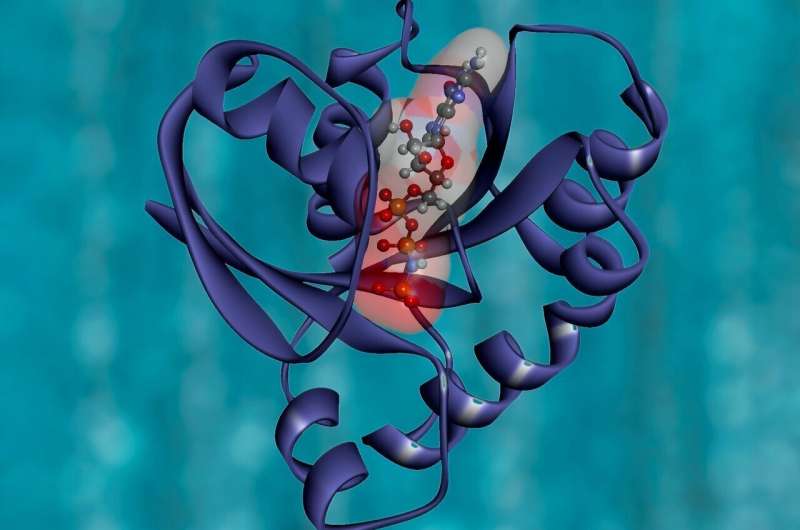Proteomic analysis reveals when and how which proteins are degraded in cancer cells by autophagy pathways

A fundamental process by which cellular components are degraded is autophagy. Defects in autophagy pathways are strongly associated with multiple human diseases, including neurodegenerative disorders and cancer. Despite their importance, to date, a comprehensive characterization of the extent and selectivity for Autophagic degradomes has remained largely uncharacterized. Researchers at Karolinska Institutet have in two studies published in the journal autophagy mapped out how this happens.
Beyond maintenance of organelle and protein homeostasis, autophagy, also called "self-eating," plays a major role in cellular survival as a fundamental stress and adaptation response, in particular during diverse starvation conditions. There are, however, multiple different autophagic pathways in mammalian cells that is known to contribute for degrading different cellular components. Which of these autophagy pathways are responsible for degrading which proteins and when this occurs has remained undefined.
Thousands of proteins can be degraded in cancer cells through autophagy pathways
The research team at Karolinska Institutet, under the direction of Associate Professor Helin Norberg, has previously provided new insights into this by characterizing proteins degraded by different autophagic pathways in cancer cells (Autophagy, 2019). In the new study (Autophagy, 2021), they now reveal how and which proteins are degraded, and that it occurs in an orderly sequential manner, which was found to be dependent on the function the protein has in cancer cells.
"An important aspect of these findings is that the majority of the identified proteins display dominant oncogenic pro-survival activities, who's pathogenic stabilization effectively sustains tumor progression and dissemination. Since our finding outline how these proteins can be degraded, our discoveries lay the basis for understanding the mechanisms of how oncoproteins can be "eaten up" by the cells. Most importantly, when we know how, when and which cancer-promoting proteins can be degraded, we can also start to design new strategies that could selectively promote their degradation-specific mechanisms for development of novel anti-cancer approaches, says Helin Norberg, Docent at the Department of Physiology and Pharmacology."
More information: Merve Kacal et al. Quantitative proteomic analysis of temporal lysosomal proteome and the impact of the KFERQ-like motif and LAMP2A in lysosomal targeting, Autophagy (2021). DOI: 10.1080/15548627.2021.1876343
Yuqing Hao et al. Targetome analysis of chaperone-mediated autophagy in cancer cells, Autophagy (2019). DOI: 10.1080/15548627.2019.1586255





















